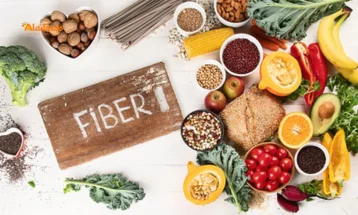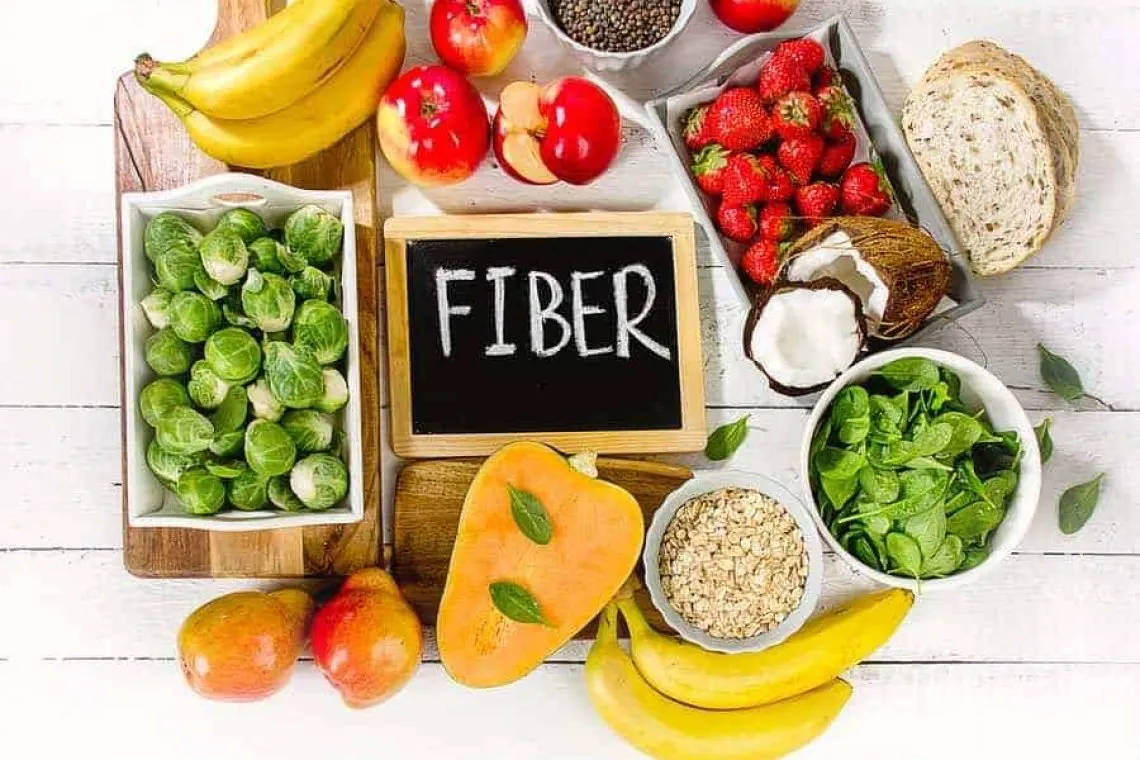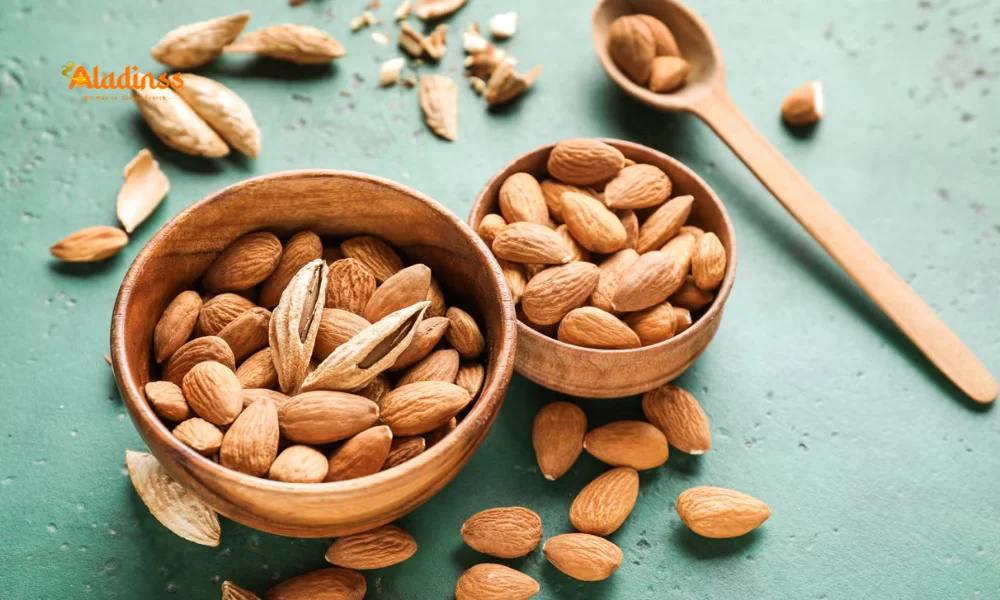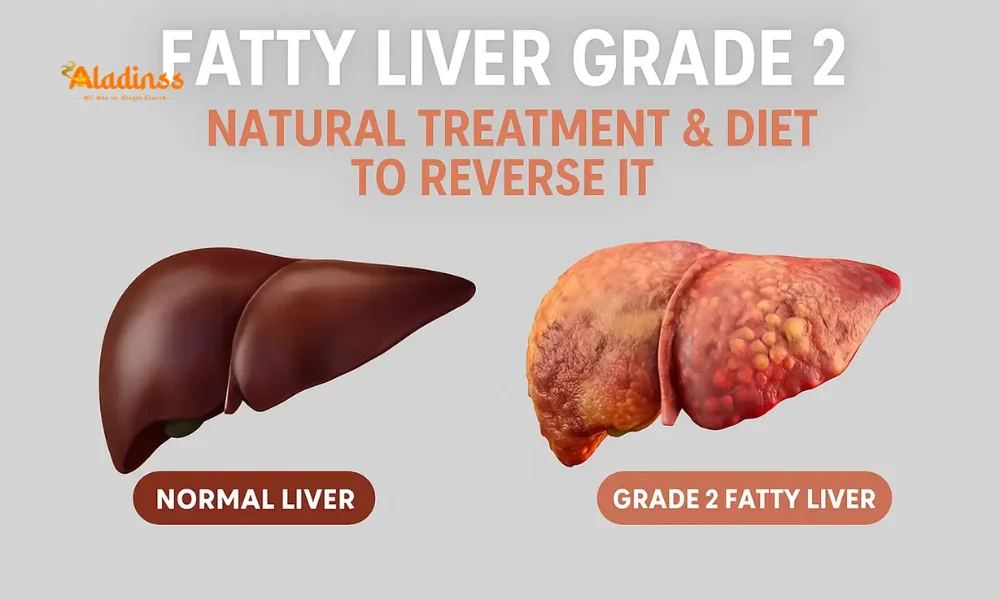Eating Fibre The Wrong Way? 8 Common Mistakes To Avoid

Eating Fibre The Wrong Way? 8 Mistakes To Avoid That Can Affect Gut Health

Fibre is widely regarded as a nutritional superstar, known for promoting healthy digestion and supporting heart health. However, simply including fibre in your diet is not always enough to reap its full benefits. Many people unknowingly commit common mistakes when consuming fibre-rich foods, which can negatively impact their gut health and overall wellbeing.
Dr. Saurabh Sethi, a renowned gastroenterologist and liver specialist based in California, recently highlighted these pitfalls in an insightful Instagram post. He offered practical advice to help people maximize the benefits of fibre while avoiding digestive discomfort and other issues.
1. Fibre Maxxing Too Fast
One of the most common errors is drastically increasing fibre intake overnight. While fibre is essential for a healthy gut microbiome, a sudden surge overwhelms the digestive system. This can lead to uncomfortable symptoms such as gas, bloating, and abdominal cramps.
Dr. Sethi advises to add fibre gradually to your diet, allowing your gut microbes time to adapt. This slow increase helps promote better digestion and prevents unwanted side effects.
2. Not Drinking Enough Water
Fibre works best when paired with adequate hydration. Without sufficient water, fibre can cause hard, dry stools, leading to constipation rather than relieving it.
As you increase your fibre intake, be sure to drink plenty of water throughout the day to keep stool soft and support smooth bowel movements.
3. Sticking To Only Vegetables
Vegetables are excellent sources of fibre, but relying solely on them limits the diversity of your fibre intake. Dr. Sethi emphasizes the importance of consuming a variety of fibre-rich foods such as beans, oats, chia seeds, and lentils.
A diverse fibre diet promotes a diverse gut microbiome, which is key to optimal digestion and immune support.
4. Avoiding All Carbs
Some people mistakenly cut out all carbohydrates thinking they are unhealthy. However, whole carbs like quinoa, barley, and legumes are important sources of fibre and provide vital nutrients.
Excluding these can unintentionally reduce fibre consumption, impairing gut function. Dr. Sethi recommends including whole grains and legumes to meet your fibre needs naturally.
5. Depending Too Much On Supplements
Fibre supplements, such as psyllium husk, can be helpful, but they should not replace real, whole foods. Supplements lack the additional nutrients, antioxidants, and prebiotics found in natural fibre sources that nourish your gut microbes.
Use supplements as a complement rather than a substitute for a fibre-rich diet.
6. Thinking Fibre Is Only About Constipation
Fibre’s benefits go far beyond relieving constipation. It supports immunity, metabolism, brain health, and even mood regulation. Gut microbes ferment fibre into anti-inflammatory compounds that protect your overall health.
Understanding this broader role of fibre helps motivate consistent and mindful intake.
7. Not Getting Enough Fibre
Even those eating a “clean” diet can fall short of fibre requirements. The recommended daily fibre intake is at least 25–30 grams to support healthy digestion and long-term wellbeing.
Track your fibre consumption and aim to meet or exceed this target daily.
8. Ignoring Food Labels
Not all whole grain products contain meaningful fibre levels. Dr. Sethi advises checking food labels carefully, looking for at least 3 grams of fibre per serving.
Prefer unprocessed, whole foods over packaged items to ensure you get maximum fibre and nutritional value.
Conclusion
Fibre is undeniably essential for a healthy gut and overall wellness, but eating fibre the wrong way can cause digestive discomfort and reduce its benefits. By avoiding these 8 common mistakes, you can optimize your fibre intake to promote healthy digestion, boost immunity, and support a balanced gut microbiome.
Remember to increase fibre gradually, hydrate well, diversify your sources, and choose natural foods over supplements alone. With mindful habits, fibre can truly become your digestive system’s best friend.
Comment / Reply From
No comments yet. Be the first to comment!






